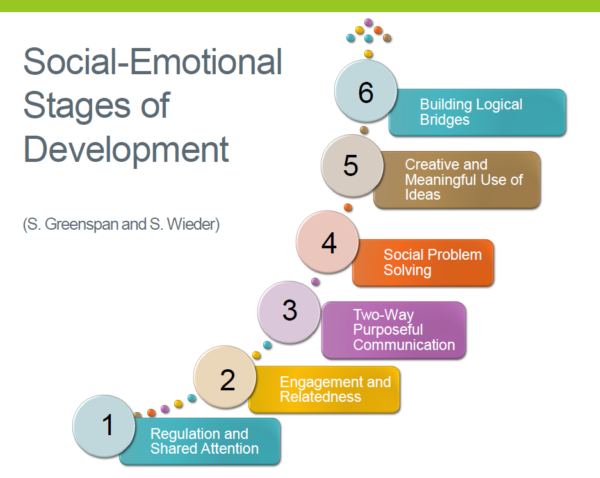What is DIR?
DIR is an evidence-based and developmental relationship-based approach. DIR stands for Developmental, Individual and Relationship. In the DIR model, we use functional emotional developmental capacity (FEDC) as a framework to look at each child’s development, especially in social-emotional-cognitive capacity. By understanding each child’s FEDC, our therapists and teachers can scaffold your child’s learning and tailor intervention programmes with developmentally appropriate and functional activities that are emotionally meaningful to the child.

Within the DIR model, teachers and therapists understand that each child has their own unique way of learning. More importantly, the DIR model supports parents and those around the child’s environment to understand the child’s strength and constriction, in order to foster their learning by providing ‘just right challenge’, e.g. their ability to process sensory information, their language development, their praxis and motor planning skills, and more.
The core of the DIR model is to use the beauty of human relationships to support each child’s regulation and challenge their development using emotional experiences, including providing the ‘just right challenge’, allowing children to explore different emotions and feelings, spontaneously use ideas in play, and learn to interact with others.
What is DIRFloortime?
Besides playing on the floor, Floortime can happen anytime and anywhere using strategies that presume a child’s competence. Floortime is about following a child’s intention, respecting their individual differences and their ideas. By focusing on the child’s intrinsic motivation and finding the ‘emotional hook’ in play, we create an environment that supports their initiation, investment, and independence.